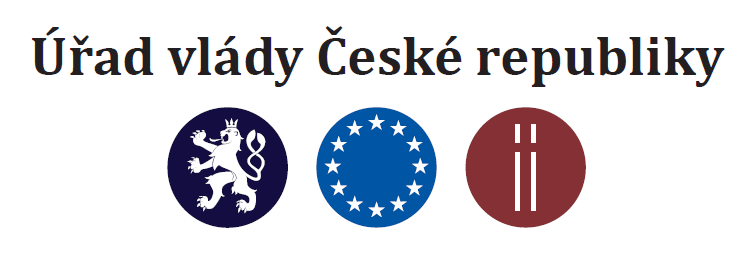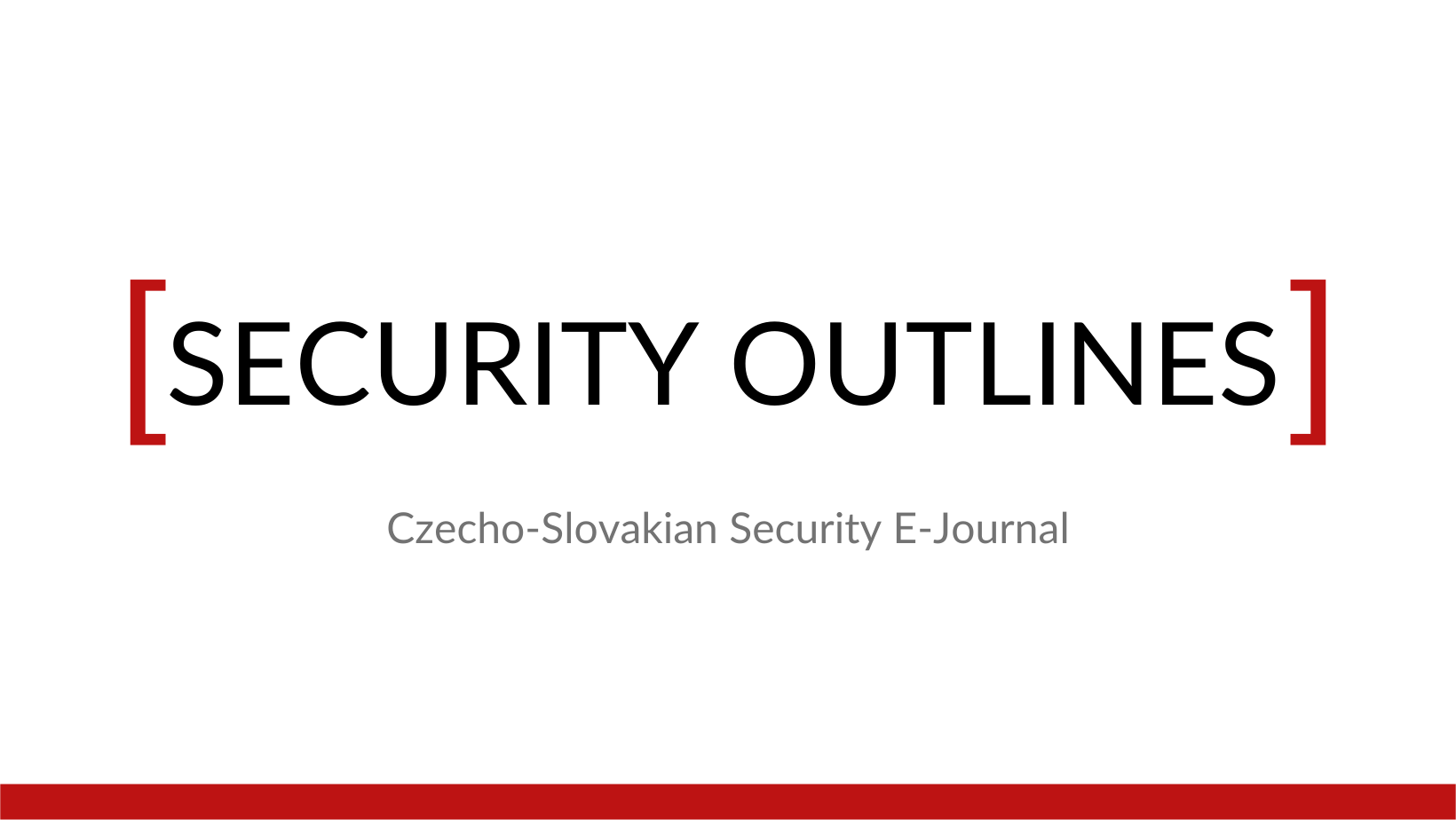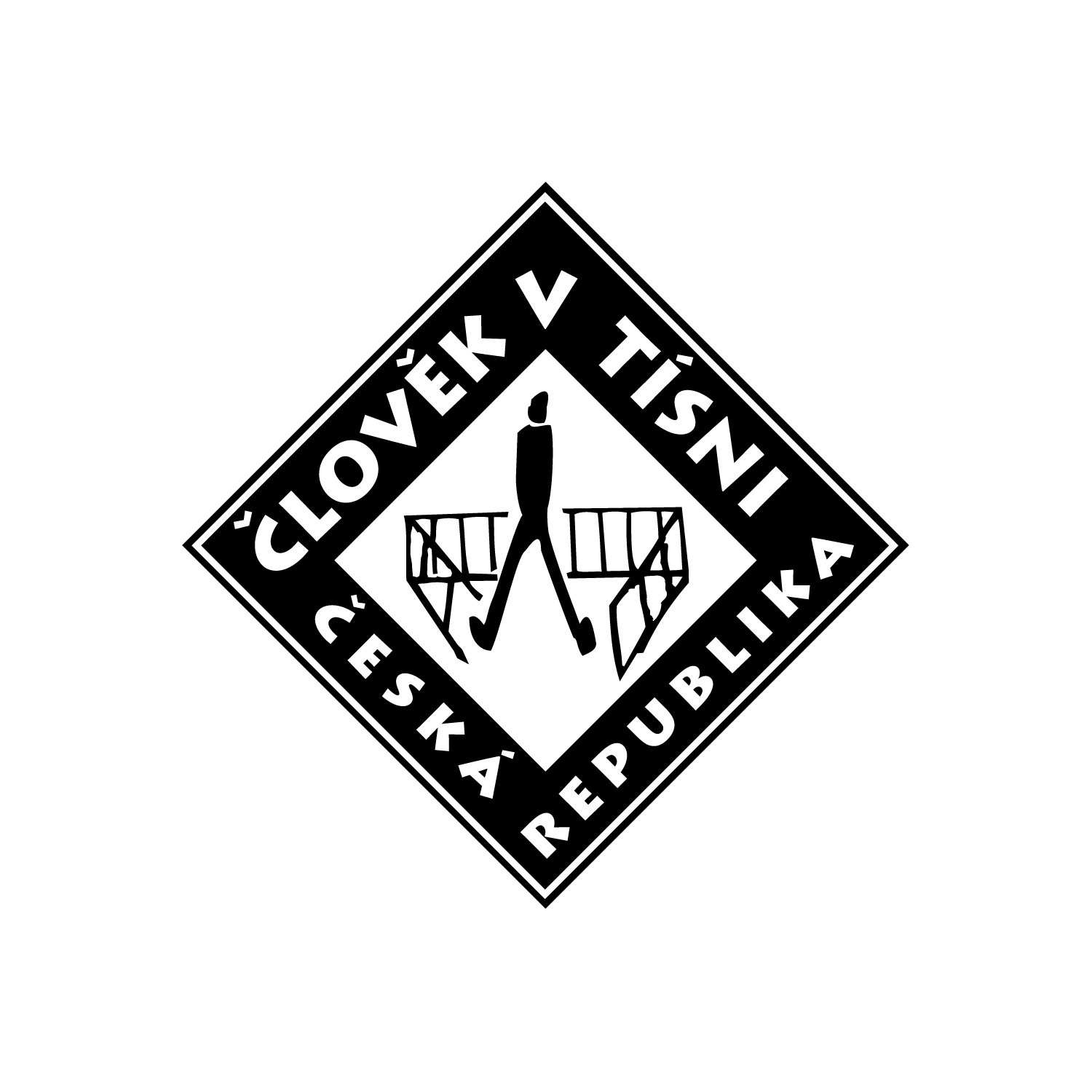Workshop Practical Aspects of Civic Participation and Referendum in the Visegrad Group Countries after 1989
Workshop Practical Aspects of Civic Participation and Referendum in the Visegrad Group Countries after 1989
Active involvement of the citizens in the processes of political decision-making is a crucial precondition of a robust, stable democracy. This includes not only the traditional forms of representative democracy, but also making good use of institutions of direct civic participation, such as referendum. Almost 30 years after the collapse of communism in Central and Eastern Europe we want to ask how the Visegrad Group countries have been faring in that regard. What has been achieved and in what areas there is still a lot to be desired?
The project aims to bring together the perspectives of social scientists from all the Visegrad Group countries in order to identify the strengths and weaknesses of the use of referendum in the period after 1989. Moreover, the scientific contributions to the project will form the basis for the development of a „Guideline of Best Practices” in this field. The project will also involve events, including a three-day meeting/seminar in Lublin as well as a series of subsequent workshops, dedicated to the promotion of active citizenship. The upcoming workshops will take place on 14.2.2018 and 26.2.2018.
While the project is intended to focus on the analysis and comparison of the experiences of the Visegrad Group, its results might also be beneficial for other countries in the region which are facing similar challenges to the development of a strong civil society and democracy.
About project leader
Department of Political Movements is among the oldest scientific units of the Faculty of Political Science of the Maria Curie-Skłodowska University. One of the chief research areas of the Department is the study of direct democracy and how the democratic theory and practice is being influenced by the technological changes in the contemporary world. Head of the Department of Political Movements and the project coordinator, professor Maria Marczewska-Rytko is one of the leading Polish experts in the field.
More information can be found on the project website: http://www.umcs.pl/en/referendum.htm









